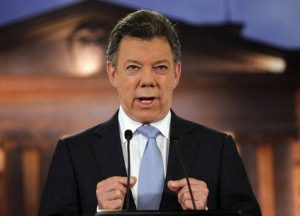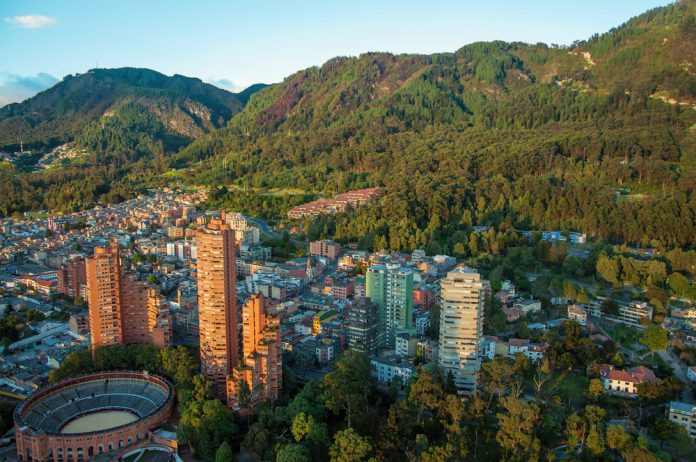The Colombian people have rejected a peace deal agreed between the government and Marxist FARC guerrillas designed to end the 52-year war between them, sending shockwaves throughout the country.
The deal was the result of four years of negotiations and was signed by Colombian President Juan Manuel Santos and the leader of the Revolutionary Armed Forces of Colombia (FARC) last week. A referendum was needed to bring the agreement into force, which was lost after 50.2 percent of the population voted against it on Sunday.
The conflict between the Colombian government and FARC has killed 220,000 people and began soon after the formation of FARC in 1964. The war originates from the vast inequality experienced in Colombia after huge swathes of land was sold to the elite in the 19th and 20th centuries, in order to pay off government debts. FARC is rooted in Marxism and is said to have between 6,000 and 7,000 active fighters, with 8,500 civilians creating an external support network.

President Santos vowed not to give up on a negotiating a deal, saying he would “keep seeking peace until the last minute of [his] term” just moments after the result was announced. His term is due to end in 2018.
FARC have also reiterated their commitment to peace with the government, with Rodrigo Londono, one of FARC’s top commanders, saying that his group will “use only words as a weapon to build towards the future.”
“Count on us, peace will triumph”, he added.
Turnout for the vote stood at just 37 percent, with some of the population expecting an easy win for the deal and bad weather deterring others. Polls ahead of Sunday’s vote suggested a comfortable win for the “yes” campaign, with many Colombians shocked at the outcome.
Reasons Colombians to voted No included the government’s plan to pay demobilised Farc rebels a monthly stipend, and to offer those wanting to start a business financial help. Many saw this as offering rebels a reward for their crimes whilst honest citizens struggle to make enough to live on. Part of the deal also included guaranteeing FARC ten seats in the Colombian Congress in the 2018 and 2022 elections, with many of the population disagreeing with offering political power to those who instigated guerrilla warfare for so long.

